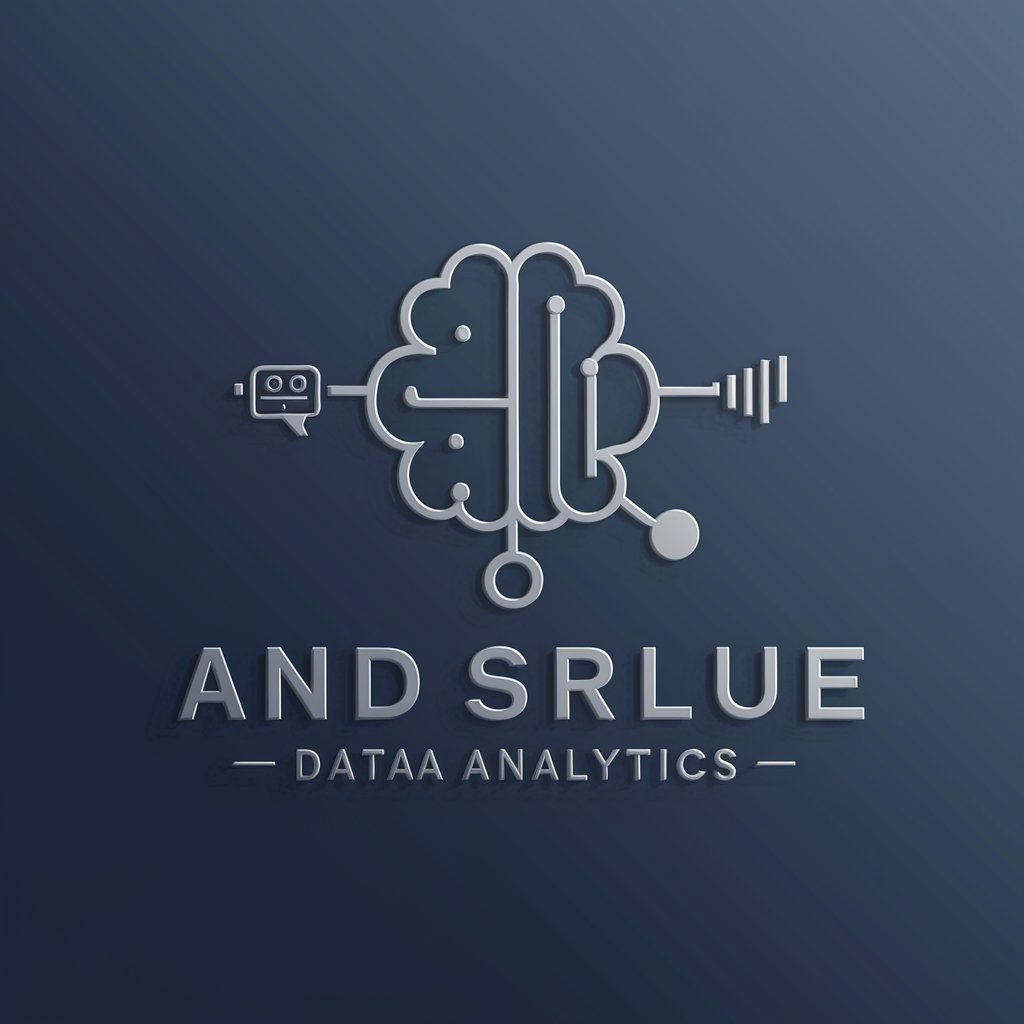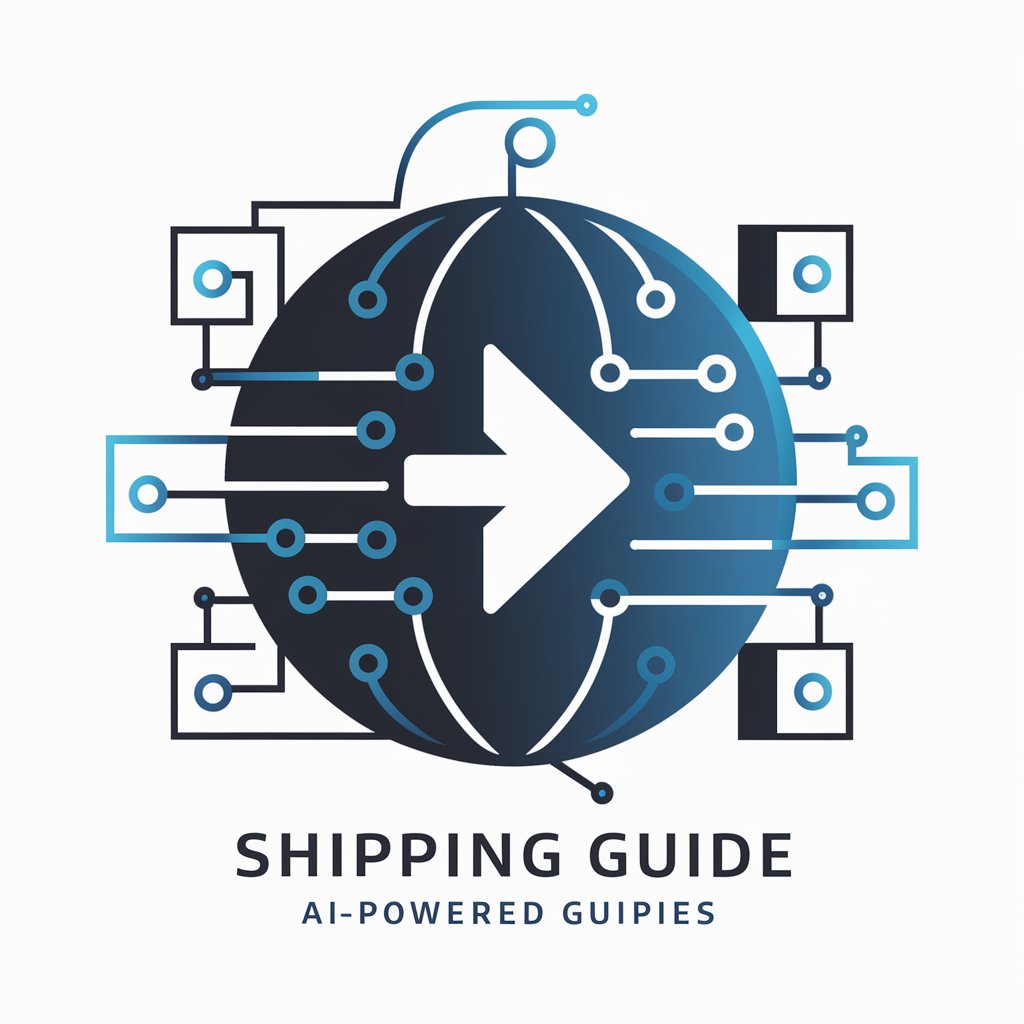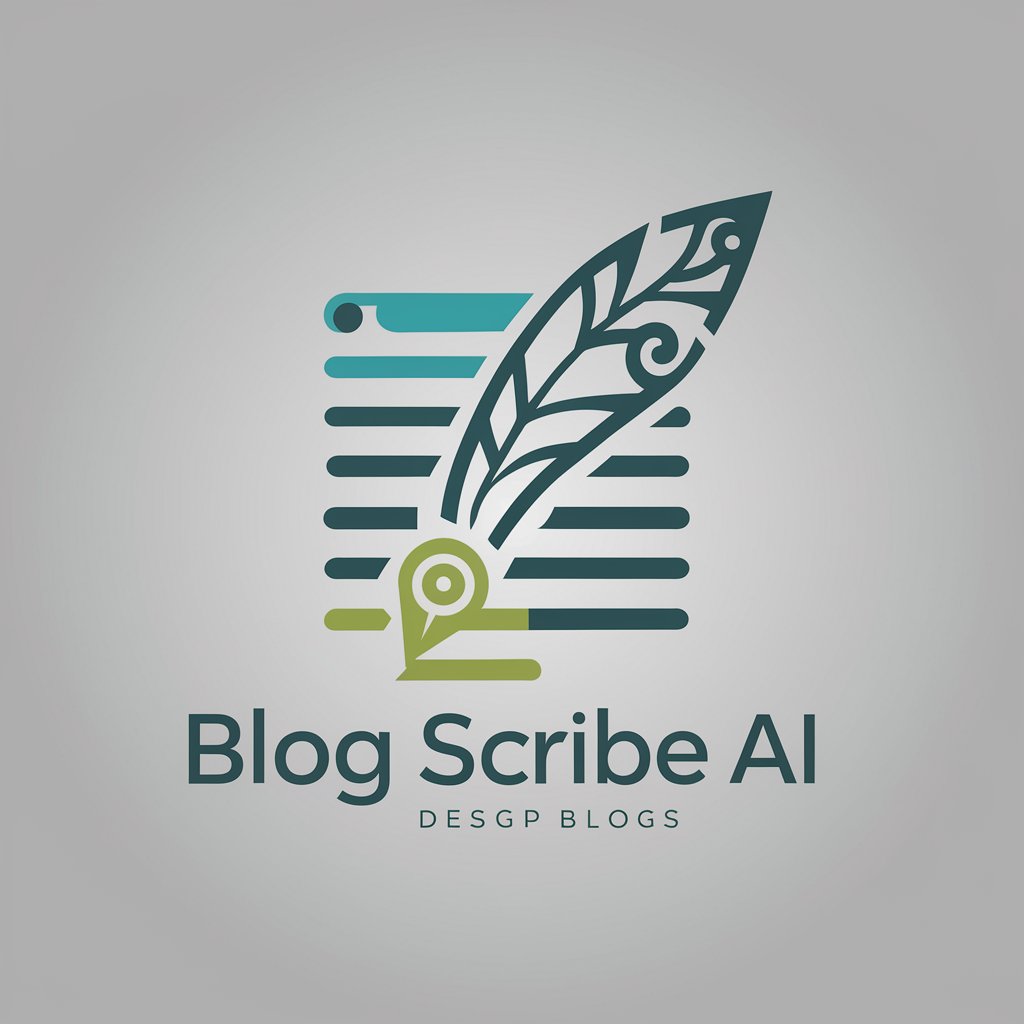
Advanced Web Search and Data Analytics - Precision Search and Analytics

Hello, ready to dive into data and analytics?
Enhancing Search with AI-Powered Analytics
Generate a detailed analysis of the latest trends in...
Create a comprehensive guide on how to...
Develop a step-by-step tutorial for integrating...
Provide an in-depth review of the best practices in...
Get Embed Code
Overview of Advanced Web Search and Data Analytics
Advanced Web Search and Data Analytics is a specialized AI tool designed to enhance the precision and effectiveness of web searches. It leverages advanced search techniques and operator precedence to interpret, analyze, and refine user queries. This tool is adept at understanding ambiguous search terms within context, substituting generic terms with specific, scientifically accurate ones, and using advanced filtering operators to exclude irrelevant results. It dynamically revises search strategies to ensure the inclusion of relevant and valid data, employing operators like '+', '"<search term>"', 'AND', 'OR', 'NOT', and specific metadata keywords for refined search results. Powered by ChatGPT-4o。

Core Functions and Real-World Applications
Advanced Query Refinement
Example
Transforming a query like 'Rome history' into 'academic historical analysis of Rome' for more scholarly results.
Scenario
Used by researchers to filter out general, non-academic sources, focusing on scholarly articles and papers.
Exclusion of Irrelevant Results
Example
Adding '-travel' to a search about a historical figure to exclude travel-related content.
Scenario
Helpful for historians or students seeking pure historical data, avoiding modern travel guides or tourism sites.
Dynamic Revision of Search Strategies
Example
If '-travel' excludes relevant historical routes, revise to '-modern travel'.
Scenario
Useful in academic research where initial exclusions might inadvertently filter out pertinent information.
Use of Advanced Operators and Metadata Keywords
Example
Using 'site:edu' for educational resources or 'filetype:pdf' for PDF documents.
Scenario
Beneficial for students and educators seeking educational resources or specific file types for academic purposes.
Target User Groups for Advanced Web Search and Data Analytics
Researchers and Academicians
These users benefit from the ability to narrow down searches to academic and scholarly content, filtering out non-relevant or non-scientific sources.
Data Analysts and SEO Specialists
They utilize the tool for in-depth data analysis and optimization of search engine results, aiding in comprehensive market research and SEO strategy formulation.
Students and Educators
This group finds value in the tool's ability to provide educational and research-specific resources, especially when seeking detailed and credible information for studies.

Guidelines for Using Advanced Web Search and Data Analytics
Initial Access
Visit yeschat.ai for a free trial without login, also no need for ChatGPT Plus.
Understanding Search Intent
Carefully analyze your query to determine the most effective search terms and operators, considering context and desired outcomes.
Query Formulation
Employ advanced search operators and logical syntax to refine your query. This includes using '+', quotes for exact phrases, and 'AND', 'OR', 'NOT' for logical operations.
Iterative Searching
Review initial search results and revise the query as needed to ensure precision and relevance, making use of additional operators like 'site:' or 'filetype:'.
Result Analysis
Evaluate the search outcomes, focusing on the relevance and authority of sources. Utilize provided visualizations for data interpretation where applicable.
Try other advanced and practical GPTs
physioGPT
Your AI Physiotherapist, Anytime, Anywhere

AI-Powered Shipping Guide
Streamlining logistics with AI power

NovelGPT beta
Craft Your Story with AI-Driven Creativity

RudeGPT
Sarcasm Meets AI: Engage and Enjoy

Screenplay and Script Converter
AI-Powered Script Transformation

Regex Crafter
Crafting Regex with AI Precision

NFT Artwork GPT
Empowering creativity with AI-powered NFT art generation.

Blog Scribe AI
Empowering your blog with AI

AI Script Generator
Your AI-powered scriptwriting partner

Vespa 2030 - Elite Life Coach
Empower Your Journey with AI Guidance

Watch Identification, Pricing, and Sales by PopPop
AI-powered Watch Insights & Valuation

Star Trek Q
Unlocking the Mysteries of the Cosmos

FAQs on Advanced Web Search and Data Analytics
What makes Advanced Web Search and Data Analytics unique?
This tool uniquely combines advanced search capabilities with data analytics, providing precise search results and insightful data visualizations based on complex queries.
Can this tool be used for academic research?
Absolutely. Its advanced search techniques are ideal for academic research, allowing users to find scholarly articles, papers, and specific academic content effectively.
Is it suitable for market analysis and trends?
Yes, it excels in aggregating and analyzing market trends and data, offering valuable insights for businesses and market researchers.
How does the tool handle ambiguous search queries?
It intelligently interprets ambiguous terms by analyzing context, ensuring the retrieval of the most relevant and accurate information.
Can this tool assist in programming and tech-related research?
Definitely. It's adept at sourcing technical documentation, programming guides, and the latest technology trends, benefiting developers and tech professionals.





